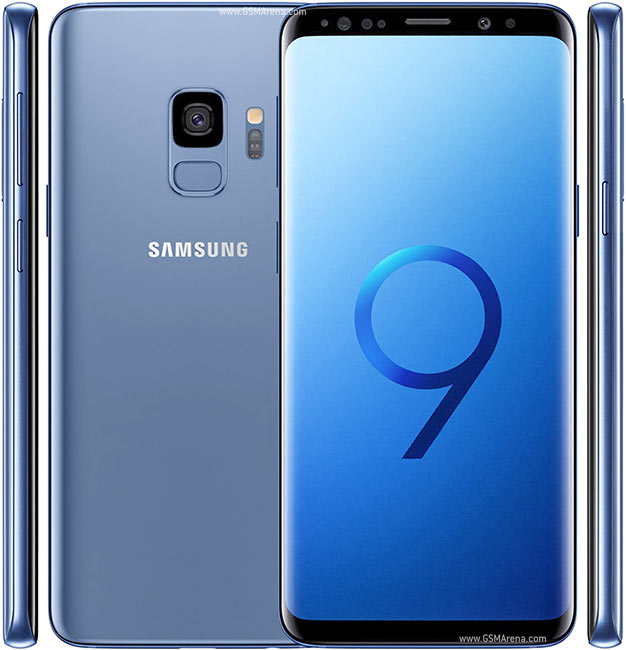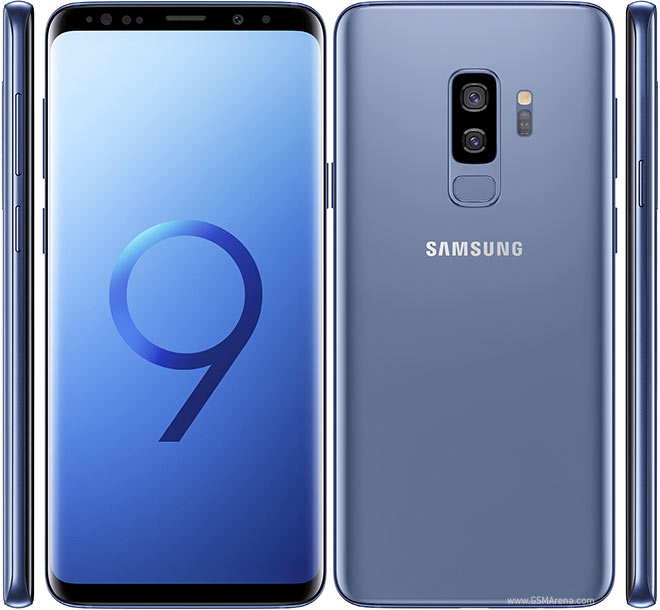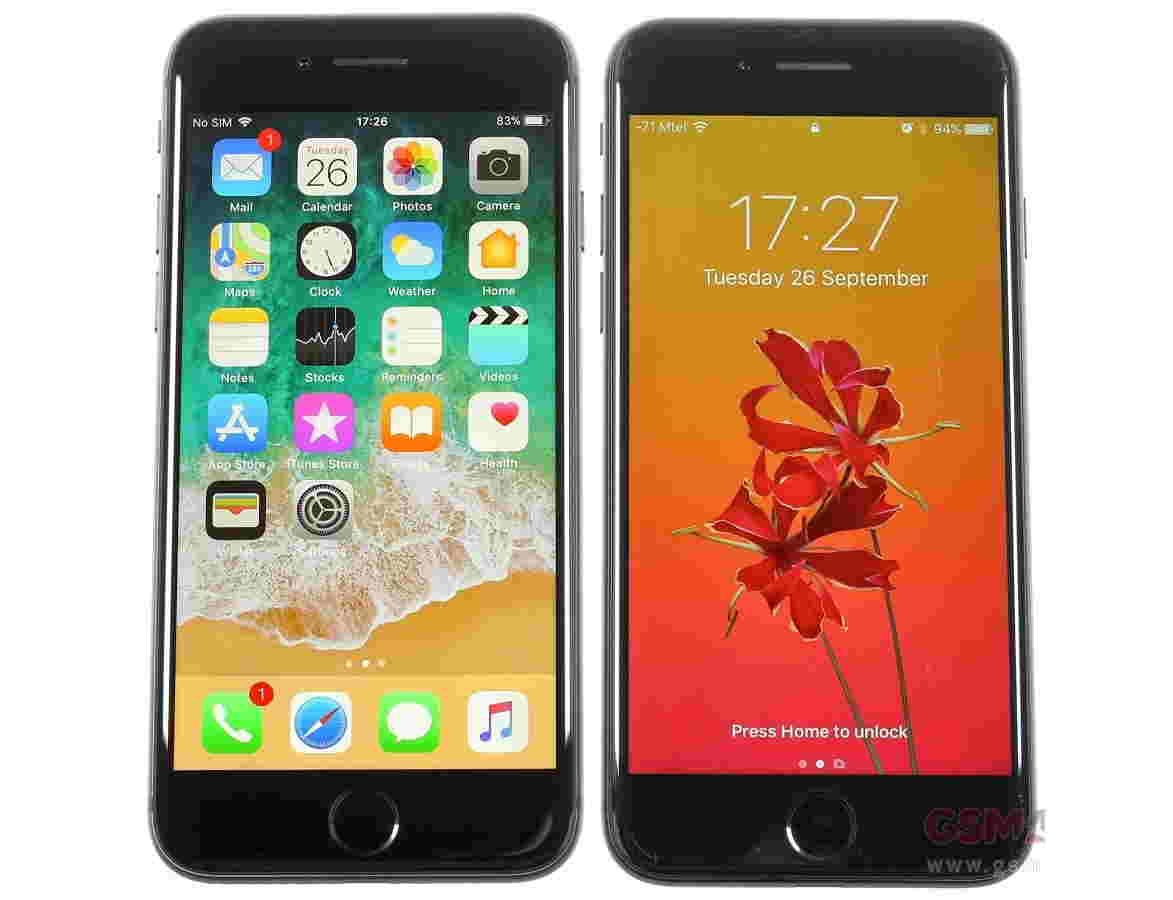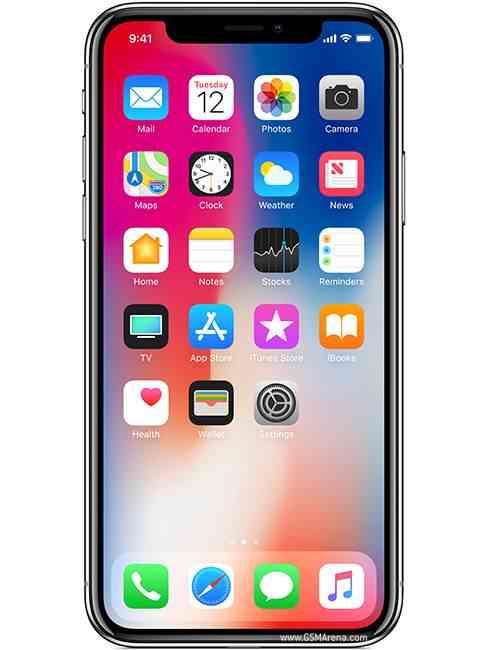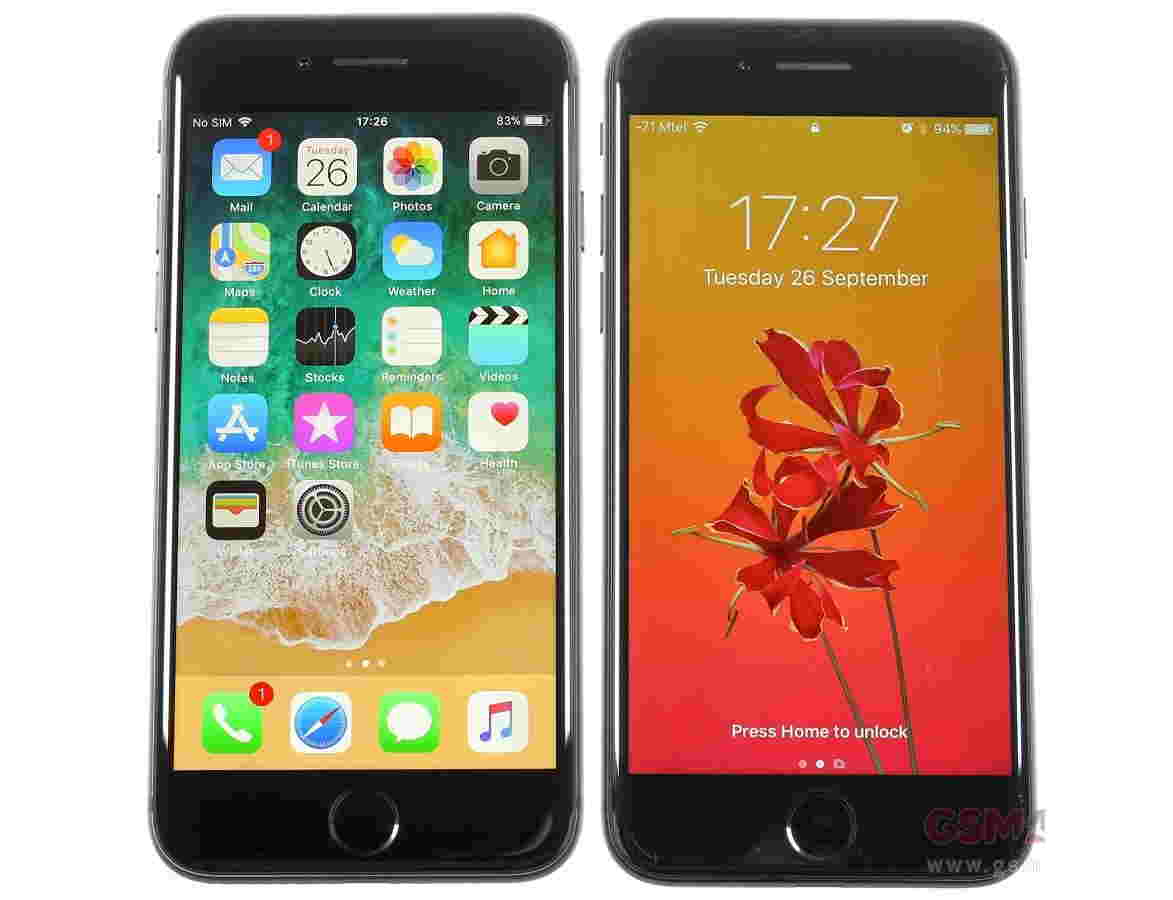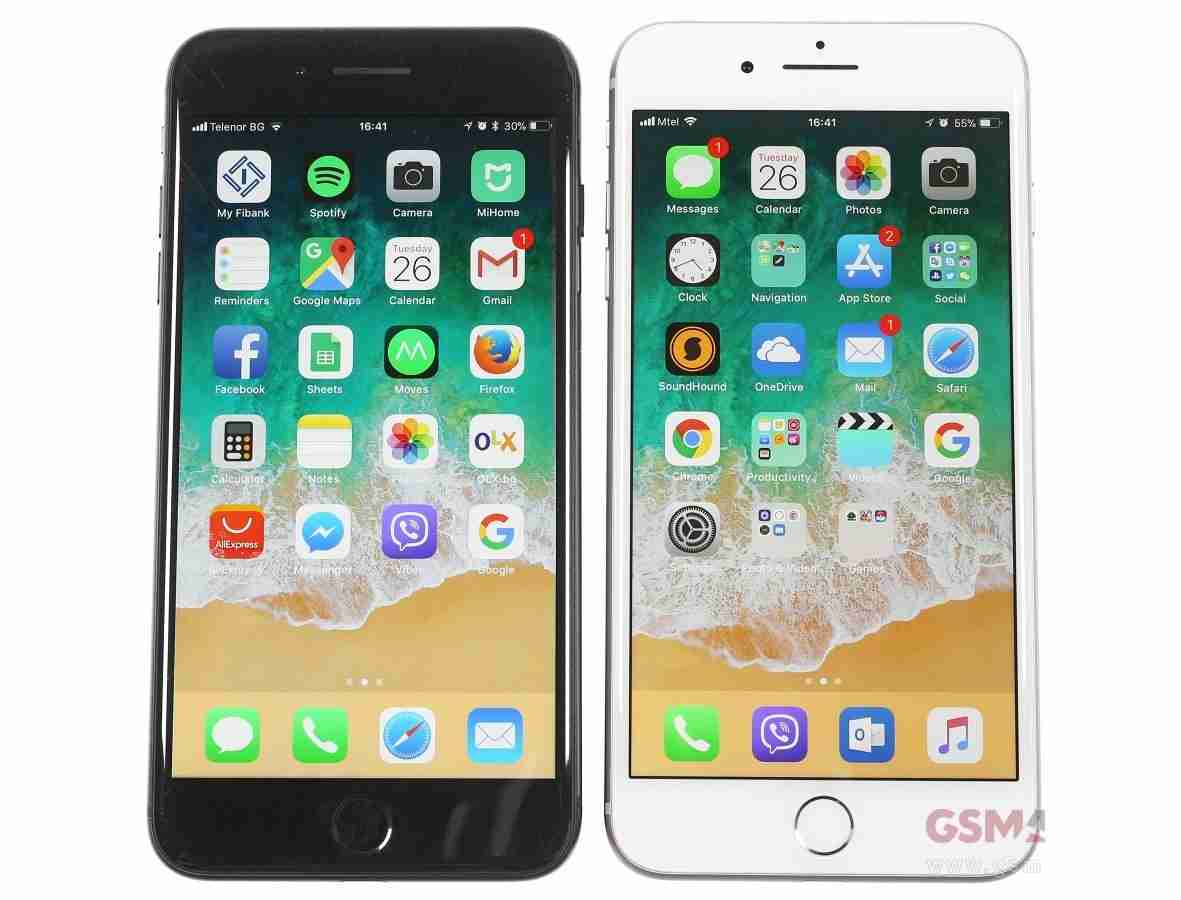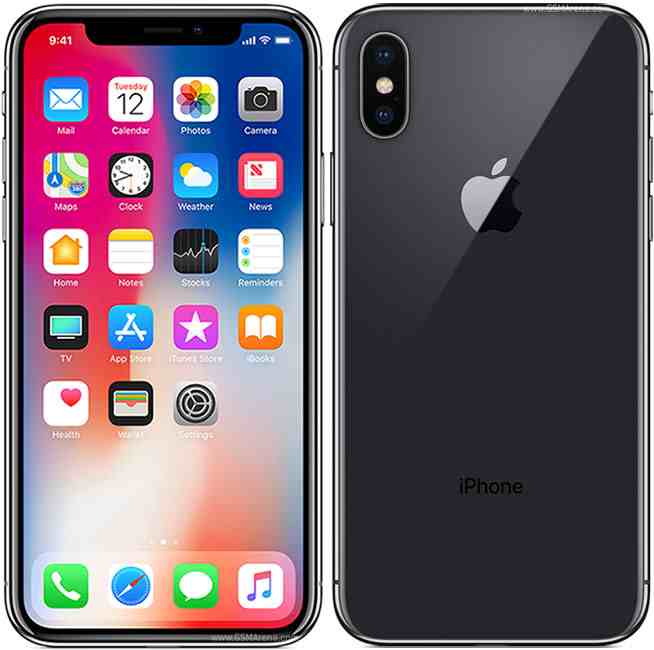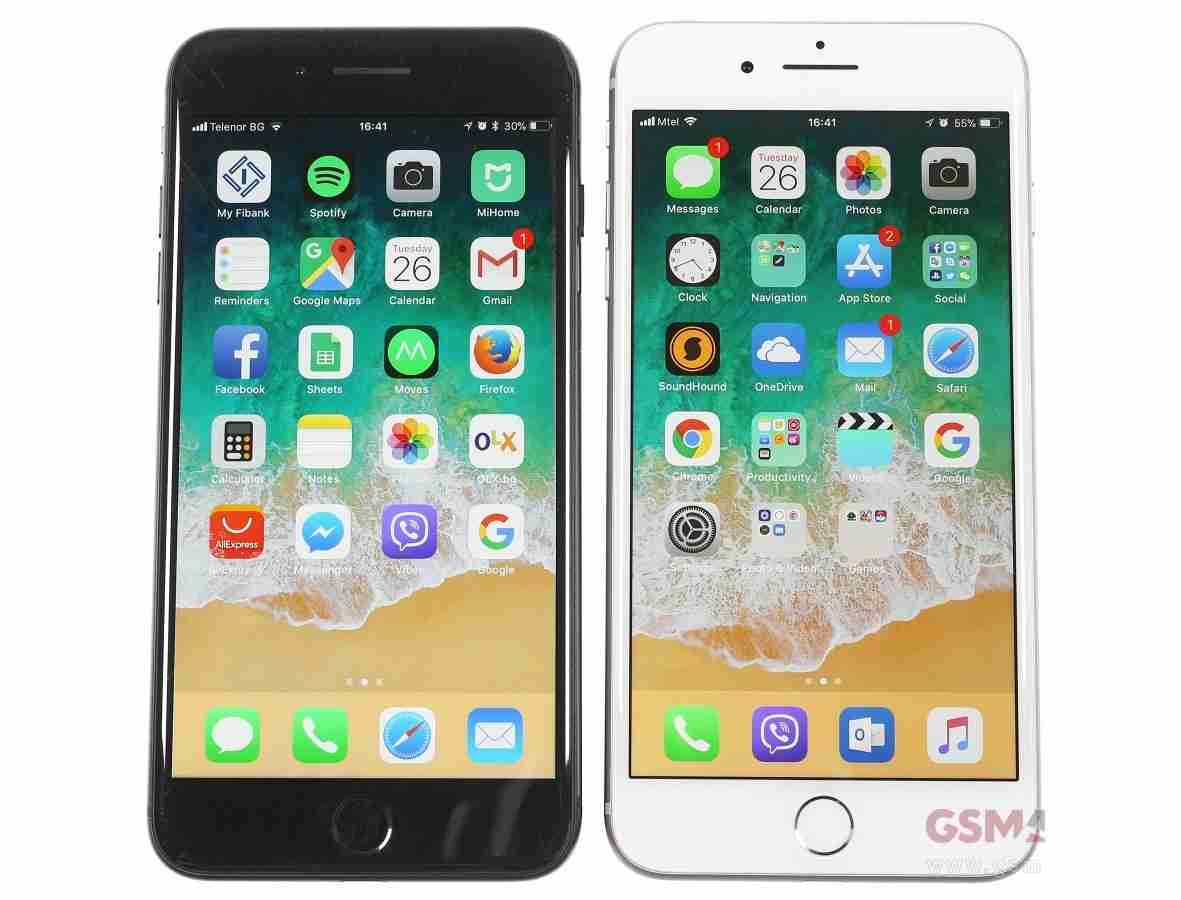
While the smart speaker market is reportedly booming, it is fair to say that the tech is still young and there are plenty of people out there who don't know what it's all about - or even that smart speakers are a thing.
You might have heard someone mention Google Home in passing, or seen an ad for it, and be wondering about it - that's what this article is for; to fill in the blanks about what Google Home is and why you might be interested.
What Is Google Home?
Google Home is really many things, but first and foremost it's a series of speakers. There are, at present, three models in the range:
- Google Home
- Google Home Mini
- Google Home Max
I'll go over how each of these are different in a moment. First of all though, it's important to understand that Google Home speakers are not just speakers; they're SMART Speakers.
What do I mean by this? Well the other thing that Google Home "is" - as well as being a set of hardware - is a software ecosystem driven by artificial intelligence (AI) which is plugged right into the internet, and which leverages Google's vast library of search data to make use of said worldwide web.
What Can Google Home Do?
Think of it being a bit like the Google search on your web browser - you can type anything into that and it'll bring up a boat-load of relevant information. The difference is Google Home is voice activated and will speak back the information to you.
But wait, there's more...
As well as being connected to the web and offering search functionality, Google Home is also integrated with Google's suite of applications and services; that means your calendar, Gmail, Chromecast, Google Play Music and so on. On top of this it plugs in to other third-party applications - such as Spotify, for example - so you're not just restricted to streaming music through Google's own platform.
So what can you actually do with Google Home? You can tell it to stream music, use it as a calculator, and ask it for various facts and bits of information it can pull from the web - – like, who holds the record for the longest spacewalk, for instance.
Google Home can order you an Uber, it can tell you about your day (weather, calendar appointments, and so on), it can set reminders, and it can read back things to do.
Essentially, it is Google search and a handful of Google services on tap. Ask Google Home anything and it will provide you with an answer of sorts.
But where Google Home really comes into its own is in the way it interacts with other things around your home. Things like Chromecast, for instance, whereby you can simply tell it to start playing something in Netflix on your HDTV. It works seamlessly 100% of the time.
It also works with Spotify, iPlayer, and NOW TV. You can even tell Google Home to skip forwards and backwards and it will do it. On top of this, Google Home will also interact with things like NEST, Philips Hue smart lightbulbs, and many other connected home appliances and accessories, so you can, quite literally, talk to your home, providing you have the requisite products.
Google is adding new features all the time too, so Home is constantly evolving. And best of all it does all of this evolving without you having to ever do anything – all updates happen automatically without you needing to do a thing.
Google's already added a few nifty capabilities since launch. Notably the ability to make voice calls (in the US and UK so far).
Google Home smart speakers have had hands-free voice-calling functionality in the US since late 2017, but the feature hasn't been available for owners of Google Home devices in other regions, including the UK.
However, the UK is now the second market where the feature has been unlocked. Owners of Google Home, Google Home Mini, or Google Home Max smart speakers in the UK and the US can make a voice call simply by saying "OK Google, call..." and then the contact's name. This will work with your contacts list, but also with businesses listed in Google Maps/Search.
In addition, Google has now unlocked another feature for all users; location based reminders. You can now ask Google Assistant via the Google Home devices to prompt you with a reminder at certain locations that are recognised by your Google account - say it picks up that you're in the supermarket via your phone's geolocation, you can ask it to remind you to buy toilet paper, or whatever.
Google announced the rollout in a Tweet, with an accompanying video.
Originally, Google Home didn't support Google Play Music streaming, but that too was patched in later, as well as support for Free Spotify accounts on top of existing support for Premium Spotify members.
The Three Google Home Devices...
As mentioned earlier, there are three distinct editions of Google Home.
The standard model is simply called Google Home; it plugs into your mains power and connects to the internet via Wi-Fi, plus it can also connect with other devices over Wi-Fi and Bluetooth. You can even pair it with Sonos speakers for an audio boost. It has its own built-in microphone, and the speaker quality is decent, if fairly basic. The Google Home RRP is £129.
The Google Home Mini is much smaller and more discrete. It has all the same functionality as the vanilla Google Home, but is much, much cheaper at £49. However, you do sacrifice in audio quality, as the dinky size doesn't allow for high-end speaker hardware.
The Google Home Max is currently only available in the US, but it's thought it might roll out in other markets, including the UK, by the end of 2018. As the name suggests, it's a bigger version with heftier, higher-quality built-in speaker systems. Some tests have shown that it has better sound quality than the Apple HomePod, and is only surpassed by high-end Sonos speakers.
Otherwise, the Max has the same functionality as its stablemates, however, the better audio hardware comes at a higher price.
Still weighing up a Google Home speaker? Check out the links below:







